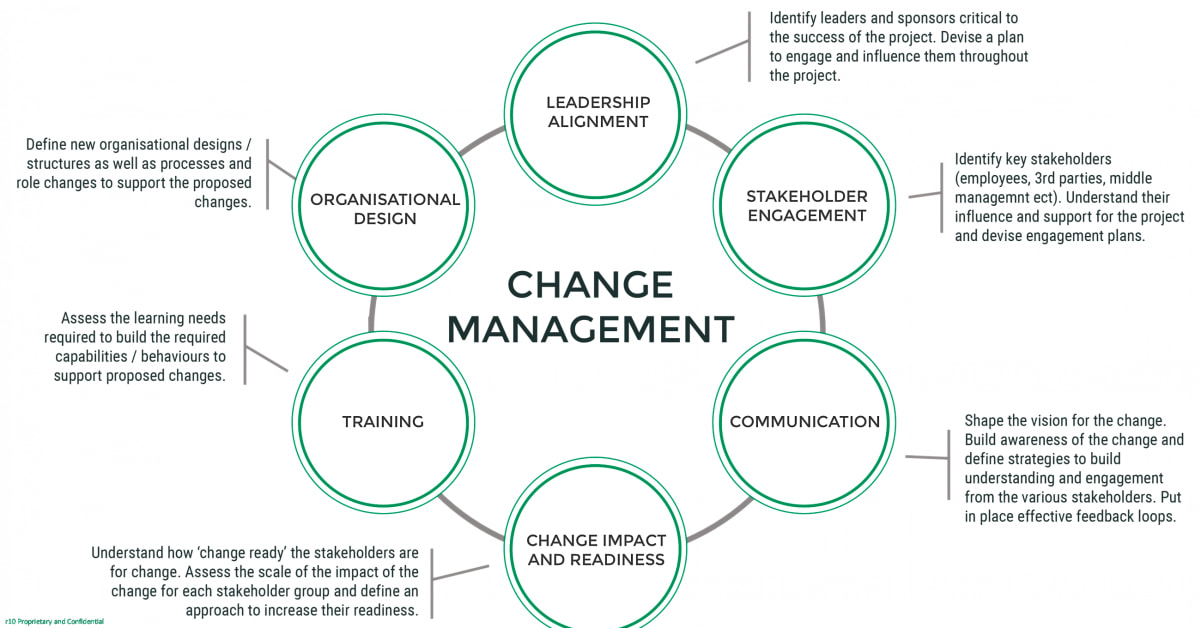Are you a small business owner looking to take your company to the next level? Are you considering selling your business or merging with another company? If so, you may be in need of some expert guidance and advice. In today’s competitive market, it is crucial for small businesses to have a solid merger and acquisition strategy in place. This is where small business consulting comes in, providing valuable insight and assistance in navigating through the complex process of mergers and acquisitions. In this article, we will delve into the world of merger and acquisition strategies, specifically tailored for small businesses. We will also explore the importance of exit planning and how it ties into the overall strategy. So let’s dive in and discover how you can successfully grow and evolve your small business through strategic mergers and acquisitions.
As a small business owner, you are always looking for ways to improve your business processes and strategies. One effective way to do this is through merger and acquisition strategies, which can help you grow your business and reach new heights. In this article, we will dive into the world of merger and acquisition strategies, exploring their benefits and how they can be utilized in small business consulting.
Firstly, it is important to understand what exactly merger and acquisition strategies entail. A merger is when two companies combine to form one entity, while an acquisition is when one company purchases another. These strategies can be used to expand a business’s market share, acquire new technologies or resources, or eliminate competition.
For small businesses, mergers and acquisitions can be beneficial in terms of financial growth, increased efficiency, and access to new markets. These strategies allow small businesses to join forces with larger companies, giving them access to more resources and a wider customer base. This can lead to increased revenue and profits for the small business.
In addition to financial benefits, mergers and acquisitions can also help small businesses become more efficient. By combining resources, companies can streamline processes and reduce costs. This can result in a more competitive edge in the market.
However, navigating the world of mergers and acquisitions can be complex and overwhelming for small businesses. This is where consulting services come in. Consulting services offer professional guidance and advice on how to execute these strategies effectively. They can also help identify potential risks and provide solutions to mitigate them.
In conclusion, as a small business owner, it is important to consider mergers and acquisitions as a potential strategy for growth and success. With the right guidance and approach, these strategies can bring numerous benefits such as financial growth, increased efficiency, and access to new markets. So don’t be afraid to explore the world of mergers and acquisitions and see how it can take your business to the next level.
Vertical Mergers
Vertical mergers involve companies at different stages of the supply chain merging together, such as a manufacturer merging with a supplier. These types of mergers can be highly beneficial for small businesses in the consulting industry, as they allow for increased control and efficiency in the supply chain.
Horizontal Mergers
This type of merger involves two companies in the same industry merging together, often to increase market share or eliminate competition. Horizontal mergers can be a powerful strategy for small businesses looking to expand their reach and gain a competitive edge. By combining resources and expertise, these mergers can result in a stronger and more dominant presence in the market.
Different Types of Merger and Acquisition Strategies
use HTML structure with merger and acquisition strategies only for main keywords and
There are various types of merger and acquisition strategies that small businesses can consider. These include horizontal mergers, vertical mergers, conglomerate mergers, and reverse mergers.
A horizontal merger involves the combination of two companies in the same industry. This type of merger can lead to increased market share, cost savings, and improved efficiency.
A vertical merger, on the other hand, involves the combination of companies at different stages of the supply chain. This type of merger can result in improved supply chain management and cost savings.
A conglomerate merger occurs when companies in unrelated industries merge together. This type of merger can help diversify a company’s portfolio and expand into new markets.
Finally, a reverse merger involves a private company merging with a publicly traded company. This allows the private company to go public without going through the traditional IPO process.
As a small business owner, it is important to understand the different types of merger and acquisition strategies available and how they can benefit your business. By utilizing these strategies, you can position your company for growth and success in the competitive business world.
Asset Acquisition
Asset acquisition is a type of merger and acquisition strategy that involves one company purchasing another company’s assets. These assets can include equipment, intellectual property, or any other tangible or intangible items that hold value. This approach is often used by small business owners who are looking to expand their operations or diversify their offerings. By acquiring another company’s assets, a small business can gain access to new technologies, products, or services without having to go through the lengthy process of developing them on their own. This can save time and resources while also helping the business grow and reach new heights.
When engaging in asset acquisition, it is important for small business owners to thoroughly evaluate the assets being acquired and the financial impact it will have on their business. This includes considering the cost of the assets, any liabilities associated with them, and how they will fit into the overall strategy of the business. It is also important to conduct due diligence and carefully review all contracts and agreements related to the assets being acquired. By taking these steps, small business owners can ensure a successful and beneficial asset acquisition for their company.
In summary, asset acquisition is a valuable merger and acquisition strategy for small business consulting. It allows businesses to gain access to new assets and capabilities that can help them grow and improve their operations. By carefully evaluating and conducting due diligence, small business owners can utilize asset acquisition effectively and achieve their business goals.
Stock Acquisition
Stock acquisition involves purchasing a controlling interest in another company’s stock. This means acquiring enough shares to have a controlling influence on the company’s decisions and operations. It is a common strategy used in mergers and acquisitions, as it allows the acquiring company to gain control of the target company’s assets and resources.
There are several benefits of stock acquisition for small businesses. First, it can be a cost-effective way to acquire another company, as it does not require a large upfront investment. Instead, the acquiring company can use its own stock as currency for the acquisition.
Stock acquisition also allows for a smoother transition of ownership, as the target company’s shareholders become shareholders of the acquiring company. This can help maintain employee and customer trust, as there is less disruption and uncertainty during the acquisition process.
However, it is important for small business owners to carefully consider the potential risks and challenges associated with stock acquisition. One major consideration is the dilution of ownership and control, as the acquiring company’s existing shareholders may see their ownership and decision-making power decrease.
In conclusion, stock acquisition can be a valuable tool for small business owners looking to expand and improve their business through mergers and acquisitions. With proper planning and consideration of potential risks, it can be an effective strategy for growth and success.
Conglomerate Mergers
Conglomerate mergers are a type of merger that involve companies from completely different industries coming together. This type of merger is often used as a way for companies to diversify their business portfolio and expand into new markets.
One of the main benefits of conglomerate mergers for small businesses is the potential for increased revenue and growth. By merging with a company in a different industry, small businesses can tap into new customer bases and diversify their products or services. This can lead to increased market share and overall profitability.
In addition, conglomerate mergers can also provide small businesses with access to new resources and capabilities. For example, a small consulting firm may merge with a technology company, gaining access to their advanced technology and expertise. This can help the consulting firm improve their services and attract more clients.
However, it’s important for small businesses to carefully consider the potential risks and challenges of conglomerate mergers. These types of mergers can be complex and may require significant resources and integration efforts. There may also be cultural differences between the two companies that need to be navigated.
In conclusion, conglomerate mergers can be a valuable strategy for small businesses looking to grow and expand their reach. By diversifying their business portfolio and gaining access to new resources, small businesses can position themselves for long-term success in the competitive market.
In conclusion, merger and acquisition strategies can be powerful tools for small businesses looking to grow and improve their operations. By seeking professional consulting services and carefully considering the different types of strategies available, small business owners can successfully navigate through the complexities of mergers and acquisitions and reap the benefits they offer.





